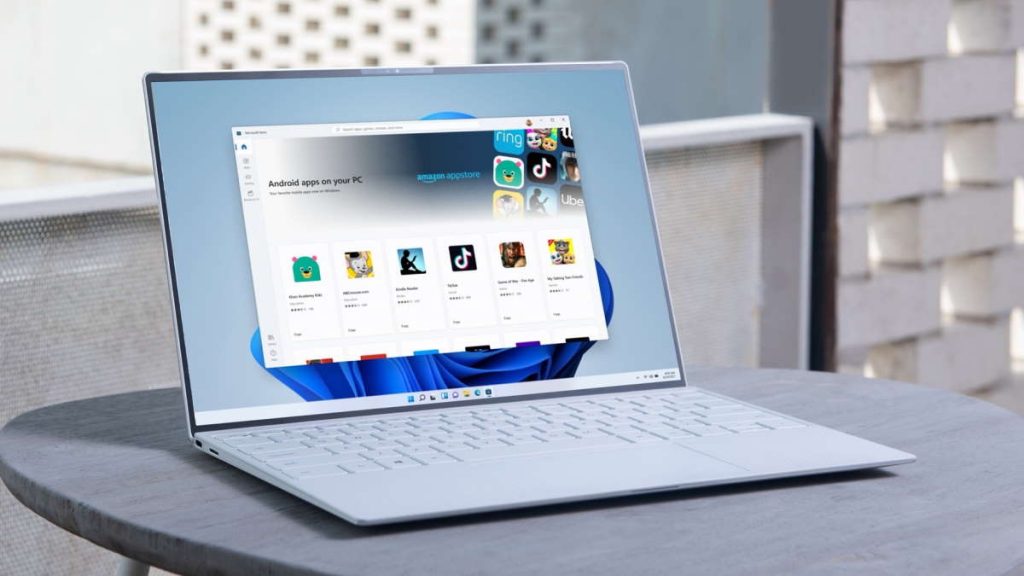Android has become one of the most popular mobile operating systems in the world, and with the increasing availability of Android apps, it’s no wonder that people want to run them on other devices. One of the most popular devices people want to run Android apps on is Windows computers. In this article, we’ll explore the pros and cons of running Android apps on Windows.
Pros of Running Android Apps on Windows
Access to a Larger Screen
One of the most significant advantages of running Android apps on a Windows computer is the larger screen size. This allows you to see more details and work with more ease, which can improve your productivity.
Compatibility
Another advantage of running Android apps on Windows is the compatibility between the two operating systems. As Android apps are designed to run on various devices, you can use them on your Windows computer without any issues.
Better Performance
Many Android apps require a lot of resources to run, which can cause them to run slowly on mobile devices. Running them on a Windows computer can provide better performance as the computer typically has more processing power and memory.
Integration with Other Windows Apps
Running Android apps on Windows can also offer better integration with other Windows apps. For example, you can share files between Android and Windows apps, which can make your work easier and more efficient.
Cons of Running Android Apps on Windows
Limited App Selection
While there are millions of Android apps available, not all of them are optimized for Windows. As a result, some apps may not work correctly or at all on a Windows computer.
Security Risks
Running Android apps on Windows can also pose security risks. Android apps are not designed to run on Windows, and as such, they may contain vulnerabilities that could be exploited by hackers.
Lack of Touchscreen Support
Many Android apps are designed for touchscreens, and running them on a Windows computer without a touchscreen can result in a less-than-optimal experience.
Battery Life
Running Android apps on a Windows computer can also be a drain on the battery life of your computer, especially if you are running multiple apps simultaneously.
Conclusion
| Pros | Cons |
|---|---|
| Access to a Larger Screen | Limited App Selection |
| Compatibility | Security Risks |
| Better Performance | Lack of Touchscreen Support |
| Integration with Other Windows Apps | Battery Life Drain |
Running Android apps on Windows can be a convenient way to use your favorite apps on a larger screen with better performance. However, it also comes with some drawbacks, such as limited app selection and potential security risks. Ultimately, it’s up to you to decide whether the pros outweigh the cons for your particular use case.
